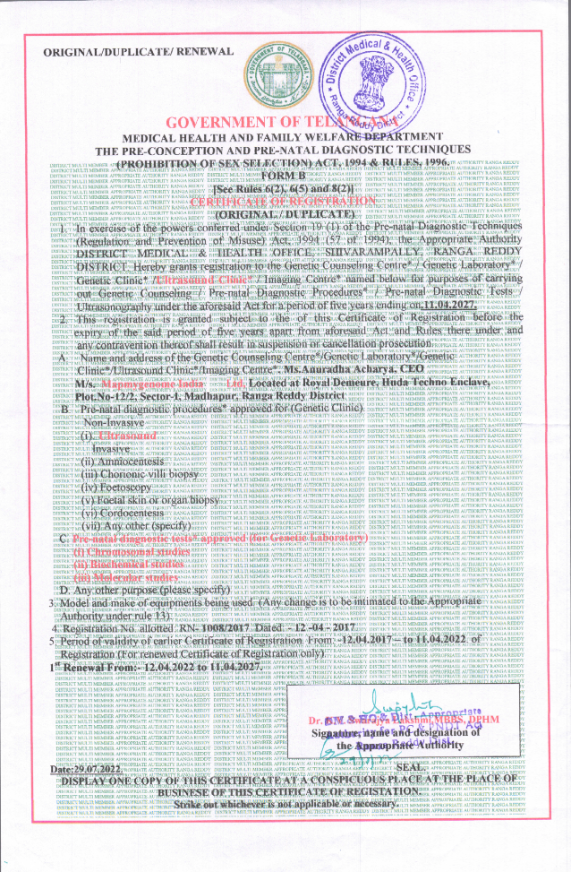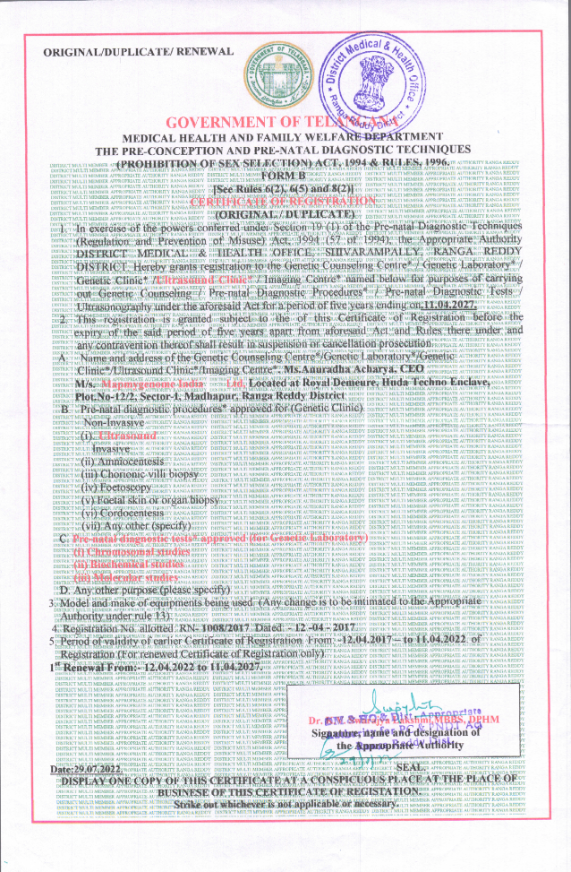Expecting a baby is a journey filled with excitement and anticipation. But it can also bring questions and concerns about your child's health. Non-Invasive Prenatal Testing (NIPT), a simple blood test, has revolutionized prenatal care by offering a window into your baby's genetic makeup – all without the risks associated with invasive procedures.
What Conditions Does NIPT Reveal?
NIPT is a powerful screening tool that analyzes fragments of your baby's DNA circulating in your bloodstream. It can identify several chromosomal conditions and other genetic variations. Here's a breakdown:
- Common Trisomies (extra chromosomes):
- Down syndrome (Trisomy 21): A genetic condition that causes developmental and intellectual delays.
- Edwards syndrome (Trisomy 18): A severe condition often associated with life-threatening health problems.
- Patau syndrome (Trisomy 13): A serious genetic disorder with significant developmental and physical challenges.
- Sex Chromosome Aneuploidies:
- Turner syndrome (Monosomy X): A condition affecting females, causing short stature and infertility.
- Klinefelter syndrome (XXY): A condition affecting males, causing infertility and other health issues.
- Microdeletions (missing pieces of chromosomes):
- 22q11.2 deletion syndrome (DiGeorge syndrome): A condition that can affect multiple body systems, including the heart and immune system.
Case Studies: How NIPT Empowers Parents
- Case 1: Peace of Mind During Pregnancy Priya and Raj were overjoyed about their first pregnancy. But a family history of Down syndrome made them anxious. NIPT offered reassurance by screening for this condition, allowing them to enjoy their pregnancy with greater peace of mind.
- Case 2: Informed Decision-Making Aisha and Kabir learned through NIPT that their baby had an increased risk for DiGeorge syndrome. NIPT is a screening test, a positive NIPT would warrant further diagnostic genetic testing . fetus. Procedures like amniocentesis or chorionic villus sampling allows collection of sample to perform tests such as chromosomal microarray to confirm the genetic changes. Genetic testing results can help them make informed decision of pregnancy management. In addition, this knowledge empowered them to research the condition, connect with support groups, and prepare for their child's unique needs.
The Future of NIPT: A Glimpse into Tomorrow's Possibilities
NIPT is constantly evolving. Future advancements may allow for screening of a broader range of genetic conditions, including single-gene disorders like cystic fibrosis. It also holds the potential for early detection of pregnancy complications, further enhancing prenatal care.
Important Considerations Before Taking the NIPT
While NIPT is a valuable tool, it's important to understand its limitations. It's a screening test, not a definitive diagnosis. A positive result requires follow-up testing to confirm the finding. It's essential to discuss the benefits and risks of NIPT with your healthcare provider to make an informed decision. Genetic counseling before and after testing for NIPT is recommended to understand the benefits, risks and limitations of the test. It allows appropriate interpretation and learning the implications of the test result.
Empowering Your Journey to Parenthood
NIPT offers expectant parents valuable insights into their baby's genetic health, empowering them to make informed choices and prepare for their child's future. By unlocking your baby's genetic blueprint, NIPT can play a crucial role in your journey to parenthood.









